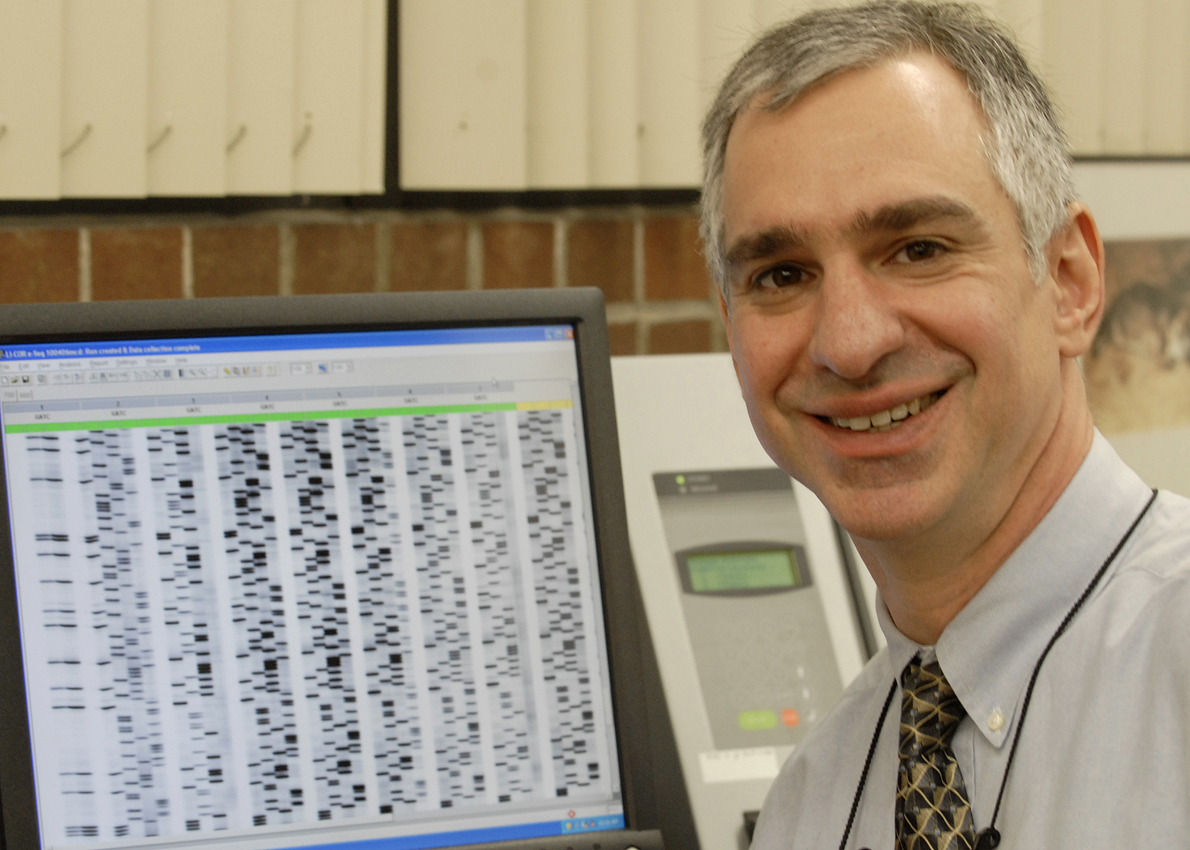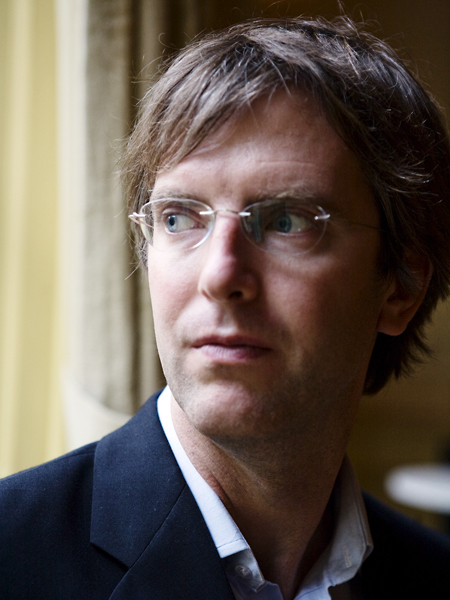Keynote Speakers: Greg Hampikian and Drew Endy

Keynote Speakers: Greg Hampikian and Drew Endy |
PSB 2009

|
 |
Greg Hampikian Professor of Biology and Criminal Justice Director of the Idaho Innocence Project Boise State University |
Abstract:
The first use of DNA fingerprinting cleared a man who had confessed to a rape and murder that he did not commit. Since that day in 1986, DNA has released
thousands of suspects, and freed more than 220 people from prison in the United States. Every year, new techniques
are added to the arsenal of truth detection that has revolutionized crime fighting and set captives free. What are
the lessons of this unique window into the justice system? What new ethical questions arise from our ever greater
ability to track human debris? And what mistakes threaten to undermine the power and credibility of DNA evidence?
The Bioinformatics community has the potential and the responsibility to show the world what is possible with its
genetic data.
Biography:
Dr. Greg Hampikian is a geneticist and nationally recognized expert in DNA forensics. He is also the co-author of Exit to Freedom, with Calvin Johnson.
The book tells Mr. Johnson's miraculous tale of being freed from prison by DNA evidence after 17 years behind bars. Dr. Hampikian is currently a Professor
at Boise State University with a joint appointment in Biology and Criminal Justice. He is also a Forensic Science Fellow in the Center for Applied Genetics
and Technology at the University of Connecticut. Before moving to Idaho he held research and teaching positions at the Yale University Medical School, Emory
University, La Trobe University in Australia, and the CDC. His laboratory at BSU works on forensics and bioterrorism detection, and he recently received a
Department of Defense grant to pursue his invention for safeguarding DNA samples with molecular barcodes called Nullomers. He has published in leading
scientific journals such as Nature and the Proceedings of the National Academy of Sciences, and his work has been covered by the Wall Street Journal,
Fox News, CNN, Good Morning America, and Digg.com. He is the Director and Founder of the Idaho Innocence Project at Boise State University, and is a
Board member of the Georgia Innocence Project.
 |
Drew Endy Assistant Professor, Department of Bioengineering Stanford University |
Abstract:
The science of genetics -- identifying functional elements encoded within natural heritable material -- both
drives and responds to advances in technology. For example, prior to the invention and scale-up of DNA sequencing
technology, most genetics research depended on the identification and mapping of mutants to loci. More recently,
sequencing of genes and genomes has enabled complementary approaches for discovering novel genetic elements that
depend on model-based pattern recognition. Looking forward, how will ongoing advances in DNA synthesis and
construction technologies advance and respond to the science of genetics? What might the biocomputing
communities do now to prepare for and help drive the emergence of a "post-synthesis" approach to genetics? Second, given improved tools and technologies for constructing DNA, how can the biological engineering communities
best develop tools for managing the knowledge and information that defines what DNA sequences to construct,
in support of many bioengineering applications? Can tools from discovery bioinformatics be repurposed along
with lessons from electronic design automation in support of next-generation approaches to biotechnology?
Biography:
Drew Endy is currently the Cabot Assistant Professor of Biological Engineering at MIT and a
co-founder and President of the BioBricks Foundation (BBF). He will be moving to
Stanford University's Bioengineering Department in September 2008. Drew earned degrees
in civil, environmental, and biochemical engineering at Lehigh and Dartmouth. He studied
genetics & microbiology as a postdoc at UT Austin and UW Madison. From 1998 through 2001
he helped to start the Molecular Sciences Institute, an independent not-for-profit
biological research lab in Berkeley, CA. In 2002, he started a group as a fellow
in the Department of Biology and the Biological Engineering Division at MIT; he
joined the MIT faculty in 2004. Drew co-founded the MIT Synthetic Biology working
group, the Registry of Standard Biological Parts, the International Genetically
Engineering Machines competition, and organized the First International Conference
on Synthetic Biology. In 2004 he co-founded Codon Devices, Inc., a biotechnology
startup. In 2005 Endy co-founded the BioBricks Foundation, a not-for-profit
organization that is working to develop legal and economic strategies needed
to support open biotechnology. Drew's research interests are the engineering
of integrated biological systems and error detection & correction in reproducing machines.
| Back to the main PSB page | Updated: July 27, 2007 |